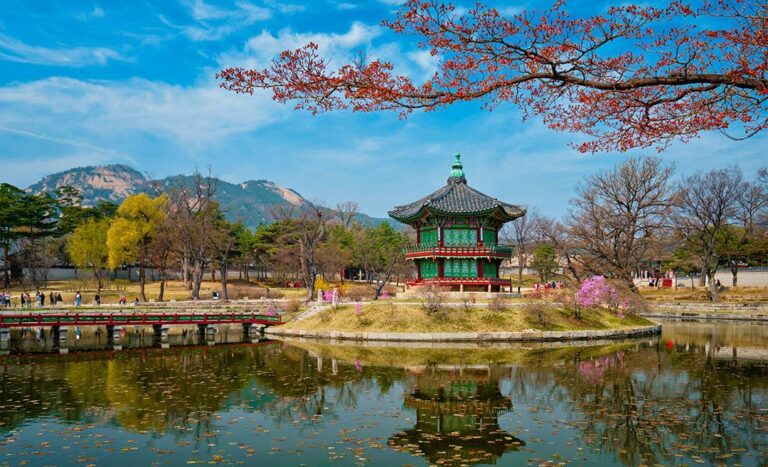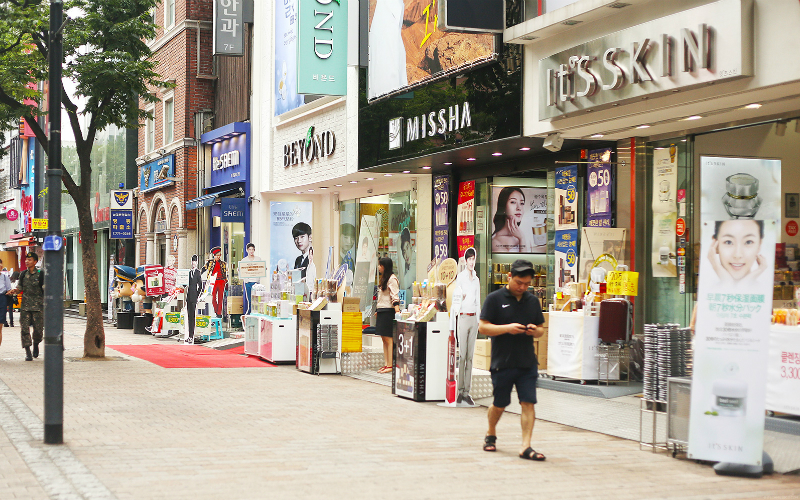Seoul, the bustling capital of South Korea, is about to become even more tourist-friendly. Starting in July, a new transit pass will allow travellers to explore with unprecedented ease, making it an asset for anyone interested in Seoul’s rich culture, history, and modern attractions.
About the Climate Card Tourist Pass

The key feature of the short-term Climate Card is its unlimited rides on Seoul’s buses and subways. Whether you’re planning to visit the historic palaces or want to experience the daily life of Seoul-ites, this pass ensures you can do so without worrying about transportation costs.
The Climate Pass will be available in different durations to suit varying travel plans. Options will likely include 1-day, 2-day, 3-day, 5-day, and 7-day passes. This flexibility allows tourists to choose a pass that best fits their itinerary. The prices are set so travellers can get the most out of their sightseeing budget.
The new short-term pass will feature fun designs inspired by the city’s mascots and characters, and offer discounts on popular attractions like the Seoul Science Centre and Seoul Grand Park.
What is the cost?
A 1-day pass is estimated to cost 5,000 won (RM17), a 2-day pass 8,000 won (RM27), a 3-day pass 10,000 won (RM34), and both 5-day and 7-day passes will cost 15,000 won (RM52) each. Additionally, there will be a 3,000 won (RM10) charge for the physical card.
The Korea Herald mentioned that the new Climate Card Tourist Pass is cheaper and more convenient than the old cash-only daily pass, which costs 15,000 won (RM52) per day. This price includes a 5,000 won (RM17) deposit and a 500 won (RM2) service fee. City officials pointed out that the old pass also proved to be a hassle for tourists since it was only purchasable with cash, and they needed to receive their deposit back from ticket machines at subway stations.
For its current pilot operation, the Climate Card costs 65,000 won (RM 223.76) monthly and allows unrestricted use of the city’s buses, subways, and public bicycles. If users would rather not have the bike-sharing service included in the subscription, they can do so for 62,000 (213.44) won.
How to get your hands on one
Korea JoongAng Daily reported that foreign tourists can easily grab the physical cards at various locations, including information centres along subway lines one through eight, Seoul Tourism Plaza, the Myeong-dong Tourist Information Centre in central Seoul, and convenience stores near subway stations.
The short-term Climate Card is easy to top up at ticket vending machines along subway lines 1 through 9, Sillim Line, and Ui-Sinseol Line. Keep in mind that tourists can only use the physical version of this pass.
Mobile versions are only available if you have a resident registration number or a foreign resident registration number and a debit or credit card from a Korean bank.
In October, Hangang River Bus, a water bus service that runs alongside the Han River, will be added to Seoul’s card offerings. Now is the time to explore Seoul like never before!




